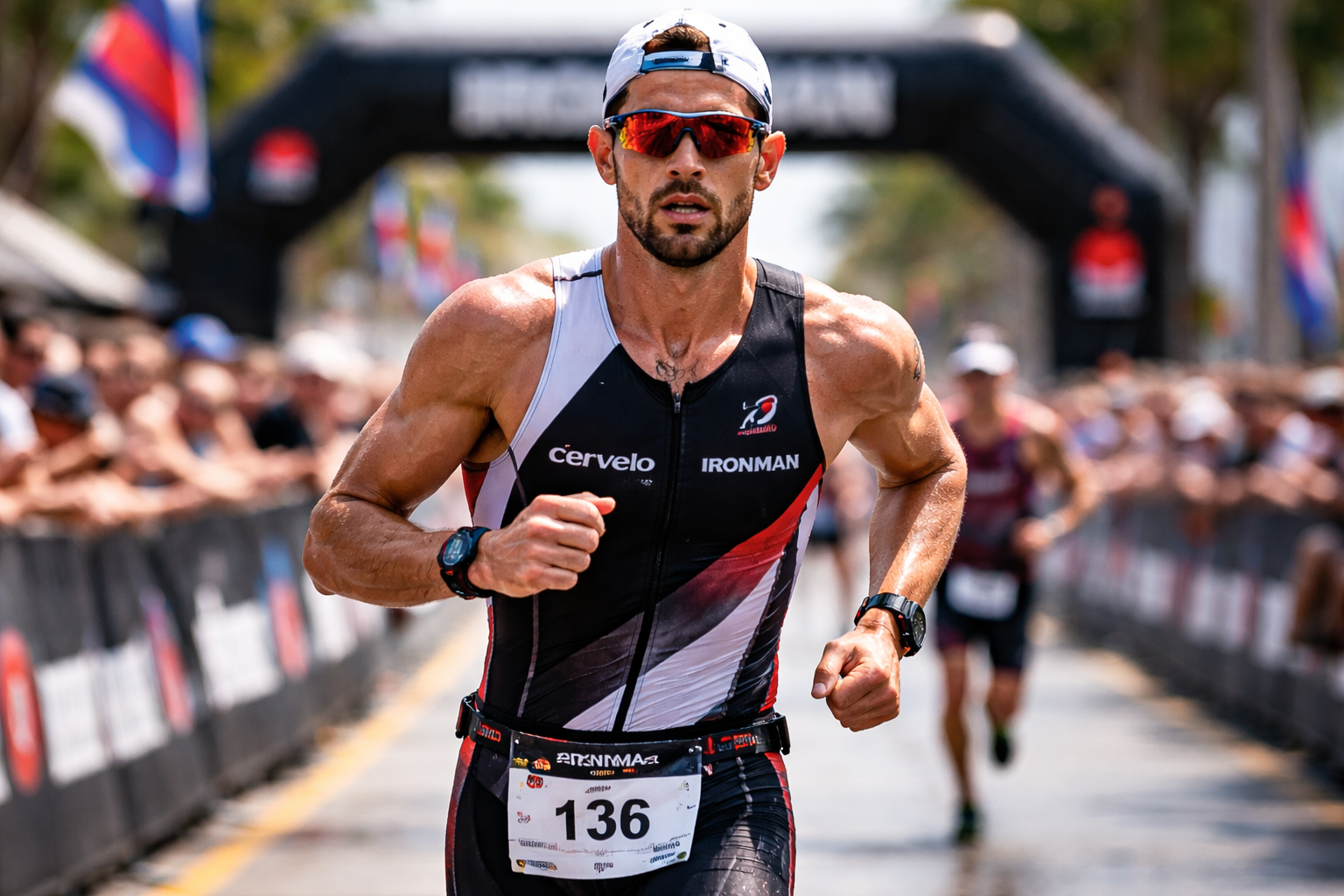What to Eat Before a Run

What to Eat Before a Run
How to Fuel for Energy, Endurance, and Recovery
What you eat before a run can make or break your performance. Whether you’re heading out for a short morning jog or training for a major event like the New York Marathon, the right pre-run meal helps you sustain energy, avoid GI issues, and recover efficiently.
As a board-certified sports nutritionist, I’ve worked with countless endurance athletes-from recreational runners to elite competitors-who’ve discovered how small changes in fueling can yield big improvements in performance and enjoyment.
If you’re ready to take your training to the next level, schedule an Introductory Session to learn how personalized fueling can transform your results.
1. What to Eat Before a Run
The Ideal Pre-Run Meal
If you’re eating two to three hours before your run, aim for a meal that’s:
-
High in carbohydrates (your body’s preferred fuel)
-
Moderate in protein (for muscle support)
-
Low in fat and fiber (for comfort and quick digestion)
Examples:
-
Oatmeal with banana
-
Whole-grain sandwich with lean protein such as turkey or tofu
-
White rice or couscous with grilled chicken
If you’re eating within 30-60 minutes of your run, choose quick, easily digested carbohydrates such as:
-
A banana or applesauce
-
A rice cake or slice of white toast with honey
-
A small smoothie with fruit and protein powder
2. Hydration and Caffeine Timing
Start hydrating early-don’t wait until your run begins. Drink water throughout the day and sip fluids about an hour before you head out. For longer or more intense runs, include electrolytes to help maintain sodium balance and muscle function.
If you tolerate caffeine, a small cup of coffee or green tea 30-60 minutes before your run can enhance focus, alertness, and endurance.
Want to fine-tune your hydration strategy? Read my article on Hydration for the Serious Athlete to learn how to calculate your sweat rate and customize your electrolyte intake.
3. Fueling During the Run
For runs lasting longer than 60 minutes, it’s important to refuel on the go to maintain steady energy.
Aim for 30-60 grams of carbohydrates per hour, depending on your pace, effort, and body size.
Try:
-
Energy gels or chews
-
A small piece of banana
-
A sports drink with carbs and electrolytes
Pro Tip: Practice your fueling strategy during training—not on race day—to avoid surprises.
4. Post-Run Recovery
Recovery nutrition starts the moment you stop running. Within 30 minutes, aim for a mix of carbohydrates and protein in roughly a 3:1 ratio to replenish glycogen and rebuild muscle.
Good options include:
-
A smoothie with fruit, protein powder, and almond milk
-
Greek yogurt with berries and granola
-
A turkey or chicken sandwich on whole-grain bread
Continue drinking water post-run, adding electrolytes if your workout was long, hot, or sweaty. Then, within a few hours, enjoy a balanced meal with lean protein, complex carbs, and easily digested vegetables.
The Bottom Line
Fueling properly before and after your runs isn’t complicated-but it is essential. With the right balance of carbohydrates, protein, and hydration, you’ll experience:
-
Stronger, more consistent energy
-
Faster recovery
-
Fewer stomach issues
-
Better long-term performance
If you’re unsure where to start, I can help you create a personalized nutrition and fueling plan that fits your training schedule and body’s needs.
👉 Book your Introductory Session today to learn how to fuel like an athlete-no matter your distance or pace.
